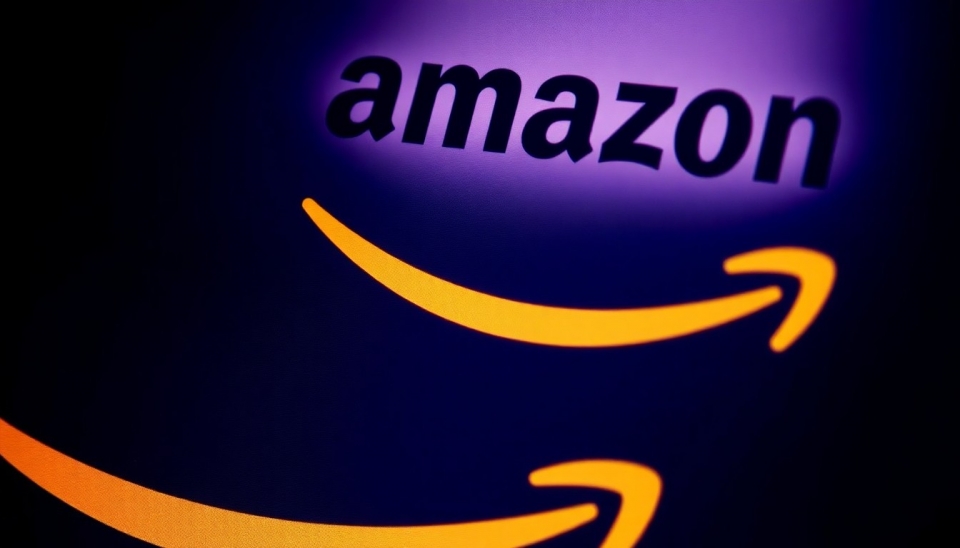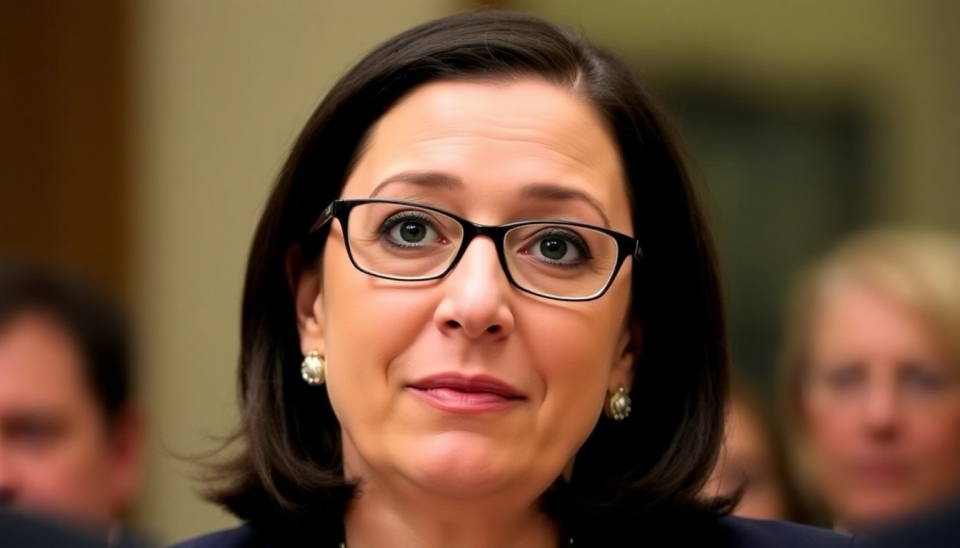
The Federal Trade Commission (FTC) is seeking a delay in its ongoing antitrust case against Amazon, citing significant resource constraints that impede its ability to adequately prepare for the complex legal battle. This development comes as the agency faces intense scrutiny over its capacity to manage multiple high-profile investigations simultaneously, raising questions about its overall enforcement strategy.
The FTC initially filed its complaint against Amazon, alleging that the e-commerce giant employs anti-competitive practices that harm consumers and stifle competition in the online retail market. However, the agency's request for a postponement highlights challenges related to staffing and resource allocation, which have become increasingly pronounced as it tackles a broad array of tech-related cases.
According to sources familiar with the matter, the FTC has experienced a wave of departures in recent months, leaving it with fewer personnel to handle its substantial workload. The agency's current challenges are compounded by the plethora of cases it has taken on, which spans various aspects of the technology sector, including ongoing inquiries into other major companies.
Legal experts suggest that the requested delay could provide the FTC with much-needed breathing room to strengthen its argument against Amazon. This pause may allow the commission to gather additional evidence and develop a more comprehensive legal strategy, potentially leading to a more robust case in court. Nevertheless, critics argue that prolonged timelines may hinder effective antitrust enforcement and limit the FTC’s ability to adapt to an ever-evolving market landscape.
Amazon has consistently denied the allegations, asserting that its business practices are pro-competitive and improve consumer choice. The company maintains that its pricing strategies and membership incentives, such as Amazon Prime, benefit millions of customers and foster competition within the industry. As the legal proceedings continue, Amazon's formidable legal team is poised to confront the FTC with strong defenses against these claims.
The scheduling challenges come at a critical moment for the FTC, which has been under pressure from advocacy groups and lawmakers who seek a more aggressive stance against perceived monopolistic behaviors in the tech industry. Critics of the agency's current situation argue that delays could be interpreted as an inability to effectively stand against market dominance by corporations like Amazon.
As the FTC navigates this landscape, the outcome of the Amazon case could have far-reaching implications not only for the company but also for future regulatory actions in the technology sector. A successful challenge to Amazon’s practices could set new precedents for antitrust enforcement, reshaping how tech giants operate in a highly competitive digital economy.
The agency remains committed to pursuing its objectives despite these hurdles, yet it must contend with practical realities that could affect its trajectory in enforcing antitrust laws. As the situation unfolds, stakeholders across various industries will be closely monitoring developments in this high-stakes case.
#FTC #AmazonAntitrust #AmazonPrime #TechNews #AntitrustLaw #RegulatoryChallenges #ECommerce #ConsumerProtection
Author: Liam Carter




